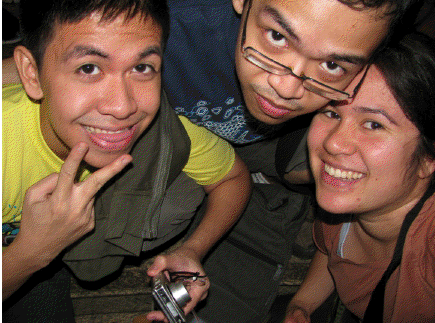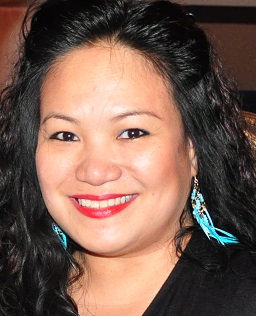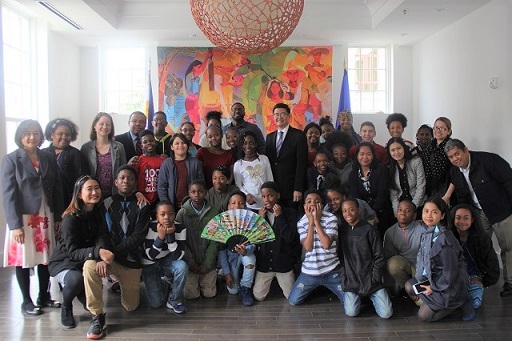Filipino characters featured in ‘Work It Out Wombats!’ cartoon series on PBS KIDS
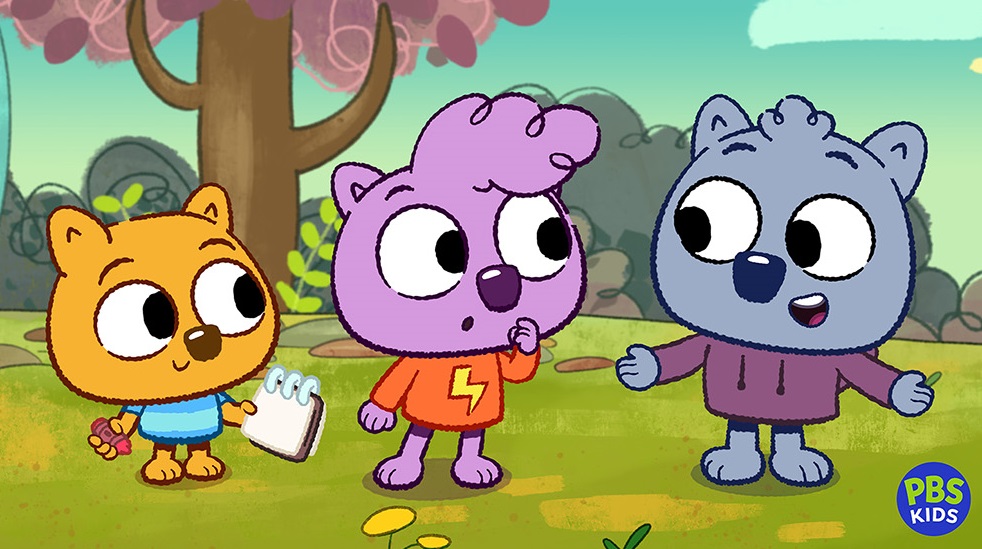
“Work It Out Wombats!,”a new animated STEM series for preschoolers ages 3-6 starring a playful trio of marsupial siblings—Malik, Zadie and Zeke—who live with their grandmother, debuted on PBS KIDS on February 6.
The series introduces computational thinking concepts that will help young viewers solve meaningful problems, learn flexible thinking and how to express themselves—all while using the practices and processes at the core of computer science.
“The Wombats are all about exploring the world around them and, much like preschoolers, their curiosity and love of adventure know no bounds,” said Sara DeWitt, senior vice president and general manager at PBS KIDS. “Computational thinking is a way of approaching problems in strategic ways, helping young children respond and adapt to the world around them. We’re excited for viewers to explore these foundational skills and mindsets while having fun with their new marsupial friends.”
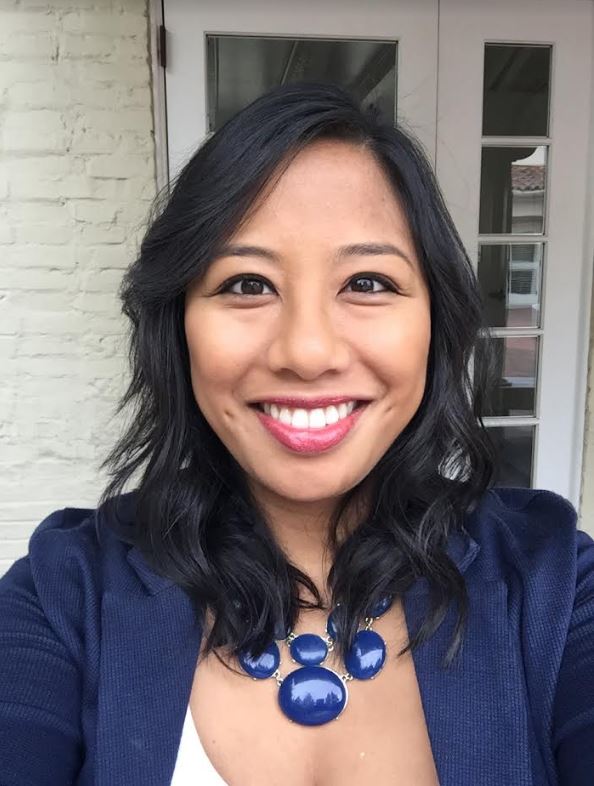
“Work It Out Wombats!”takes place in the Treeborhood—a massive treehouse complete with secret passageways, gondolas and rope swings. The residents of the Treeborhood—wombats, snakes, moose, kangaroos, iguanas, fish, tarsiers and eagles—bring varied skills and abilities, assorted ways of thinking, and different family structures and traditions to this diverse and vibrant community of neighbors, a place where even the adults join in the play.
“Malik, Zadie and Zeke are passionate about their goals, but they don’t always know the best way to go about meeting them,” said Marcy Gunther and Marisa Wolsky, executive producers at GBH Kids. “But in every story, we see the Wombats using computational thinking, a powerful toolkit, to work it out.”
Creative producers Darlene Mortel Edouard, Ph.D. and Kareem Edouard, Ph.D., who have expertise in cultural and visual studies, intersectionality, and STEM engagement, help ensure that all aspects of the series are looked at through the lens of culture and inclusion.
Dr. Darlene Edouard’s work centers around identity and helping young people recognize who they are and how they fit into the world. With her expertise in cultural studies, visual culture, and Asian and Filipino American studies, her focus is to make sure every character and story are culturally authentic and reflect the lived experiences of young audiences.
She also shared some of her own Filipino culture in the creation of the Philippine Eagle family—JunJun, Kaya, Amado, and Gabriela—featured in the series. She has been closely involved in the development of these characters, from casting actors with Filipino backgrounds to listening in on voice record sessions to make sure all words in Tagalog are pronounced correctly and verifying that the design of the characters and their homes reflect their Filipino heritage. For example, the eight-pointed yellow sun on JunJun’s shirt is also on the flag of the Philippines and JunJun’s family home has a big wooden spoon and fork hanging on the wall, just like those found in many Filipino families’ kitchens!
Marcy Gunther and Marisa Wolsky are executive producers for GBH Kids. Luis Lopez and Juan Lopez are executive producers for Pipeline Studios. Marina Bers, Ph.D., a leader in the field of computational thinking and professor at Tufts University, is the content director.
For more information, follow PBS KIDS on pbskids.org, Twitter, Facebook and Instagram.




